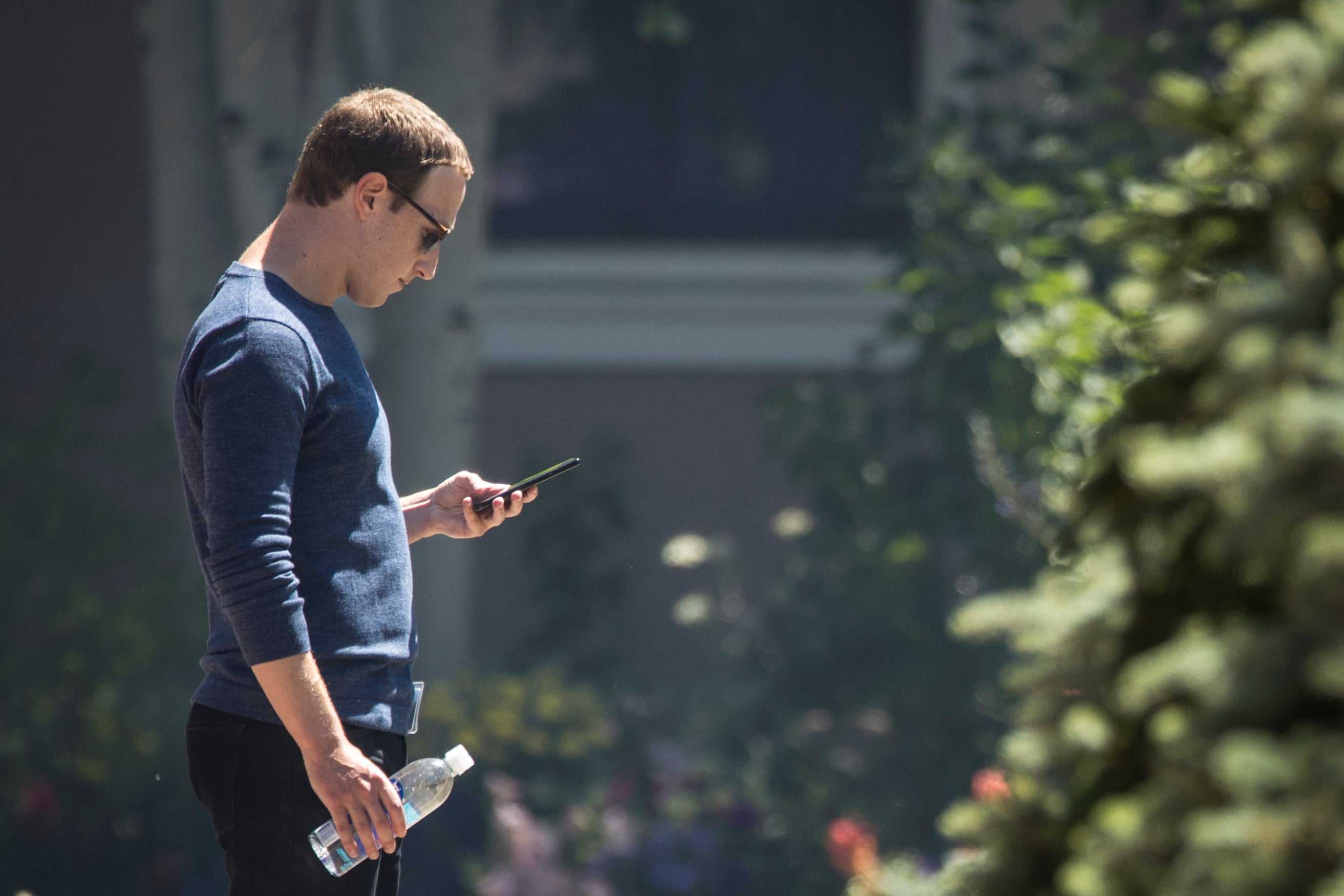Facebook had a secret ‘VIP’ list that let users break the rules - and now wants to be held accountable
‘These people can violate our standards without any consequences’, an internal review into XCheck found

Your support helps us to tell the story
From reproductive rights to climate change to Big Tech, The Independent is on the ground when the story is developing. Whether it's investigating the financials of Elon Musk's pro-Trump PAC or producing our latest documentary, 'The A Word', which shines a light on the American women fighting for reproductive rights, we know how important it is to parse out the facts from the messaging.
At such a critical moment in US history, we need reporters on the ground. Your donation allows us to keep sending journalists to speak to both sides of the story.
The Independent is trusted by Americans across the entire political spectrum. And unlike many other quality news outlets, we choose not to lock Americans out of our reporting and analysis with paywalls. We believe quality journalism should be available to everyone, paid for by those who can afford it.
Your support makes all the difference.Facebook has asked its Oversight Board for guidance on its “XCheck” system, which reportedly allowed high-profile users to flaunt Facebook’s rules, despite denying the Board’s request for more information about the system earlier this month.
The “cross check” or XCheck” program was revealed by an investigation from the Wall Street Journal, which allowed 5.8 million celebrities, politicians, and journalists to be “whitelisted” from violating Facebook’s rules.
Facebook told its Oversight Board, which has 20 members including politicians, lawyers, and academics and is funded by a $130m trust from the social media giant, that this system was only used in a “a small number of decisions.”
According to the Journal’s reporting, this whitelist was used to protect a high-profile footballer sharing nude photos of a woman who had accused him of rape, fraudulent claims about the ineffectiveness of chemotherapy from political users, anti-vaccination conspiracy theorists, ‘Pizzagate’ conspiracy theories, and other content that had been debunked by Facebook’s fact checkers.
The status was apparently granted to users with little information about who had approved it or why.
An internal guide to XCheck states that users who are “newsworthy,” “influential or popular” or “PR risky” would be viable for the whitelist, the Journal reported.
In 2019, XCheck allowed posts that violated Facebook’s rules to be viewed at least 16.4 billion times before later being removed, according to an internal summary of the program.
“We are not actually doing what we say we do publicly,” said the review from Facebook into XCheck, calling the actions “a breach of trust.”
It continued: “Unlike the rest of our community, these people can violate our standards without any consequences.”
In the absence of proper moderation policies within the social media company, XCheck was used without proper oversight.
“This problem is pervasive, touching almost every area of the company,” a 2019 review allegedly stated. It also said that whitelists “pose numerous legal, compliance, and legitimacy risks for the company and harm to our community.”
In a blog post published this month, Catalina Botero-Marino, Jamal Greene, Michael McConnell, and Helle Thorning-Schmidt of Facebook’s Oversight Board said that they asked the social media company to explain how the cross check system worked and its criteria for adding pages and accounts to the system.
“Facebook provided an explanation of cross-check but did not elaborate criteria for adding pages and accounts to the system, and declined to provide reporting on error rates”, they wrote, adding that such information was “crucial” and that “transparency is essential” for the company.
Facebook, in a post published today, said that it is now requesting guidance from the Board, saying that “holding Facebook accountable for our content policies and processes is exactly why the Oversight Board was established”.
It is unclear why the information requested by the Oversight Board was not provided previously by Facebook. The social media company did not respond to a request for comment from The Independent before time of publication.
Join our commenting forum
Join thought-provoking conversations, follow other Independent readers and see their replies
Comments